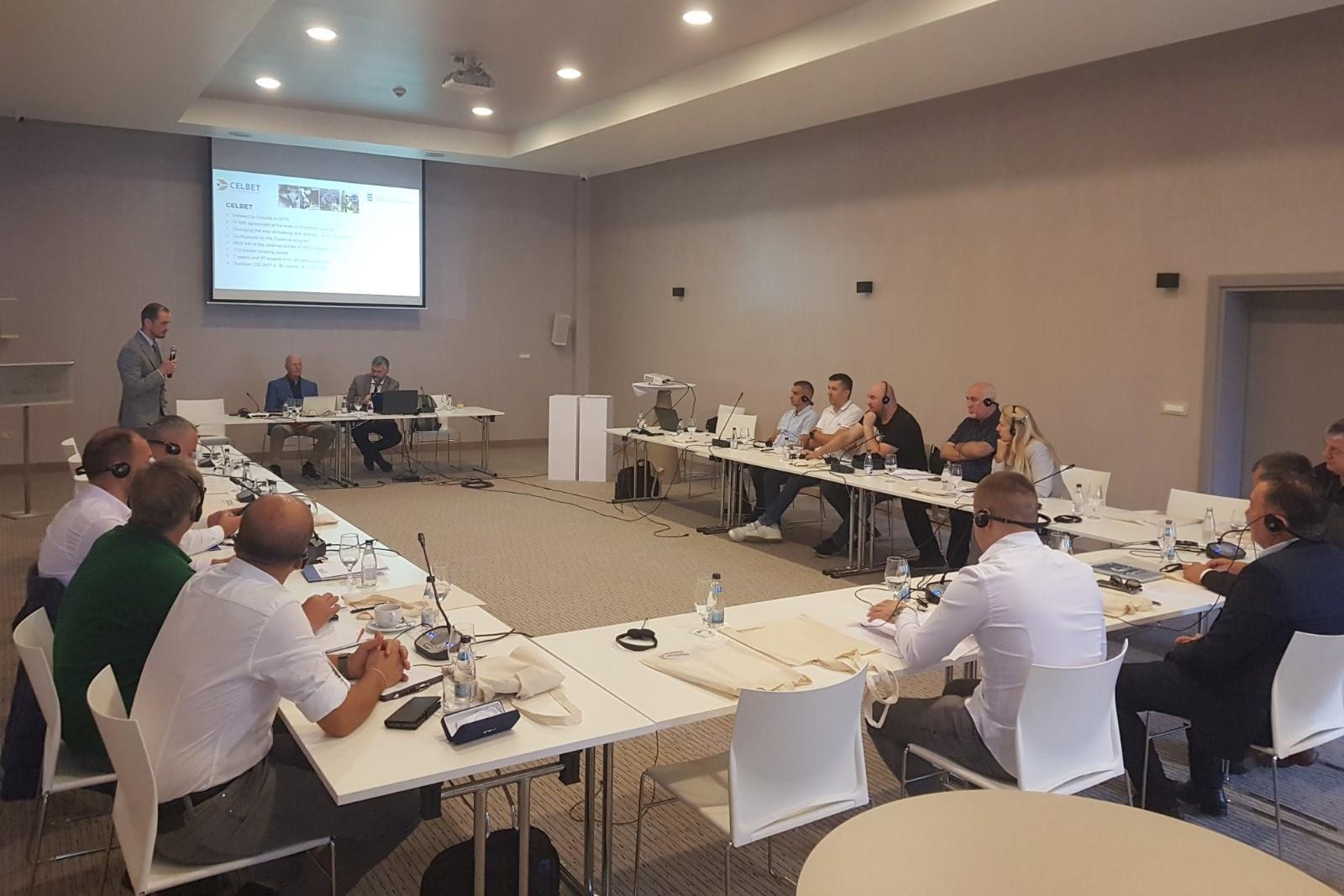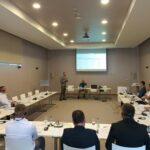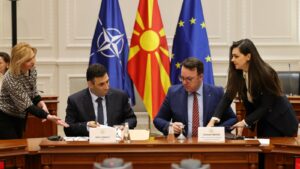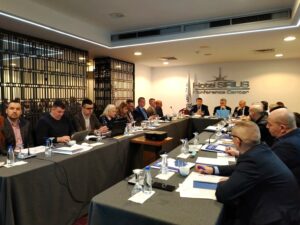WESTERN BALKANS – As an international organisation dedicated to enhancing connectivity and economic growth in South East Europe, the Transport Community launched a comprehensive series of training programme aimed at facilitating smoother border crossings on the EU-Western Balkans borders. It will include all pairs of EU-Western Balkans partners: Montenegro-Croatia, Bosnia and Herzegovina-Croatia, Albania-Greece, North Macedonia-Greece, North Macedonia-Bulgaria, Serbia-Hungary, Serbia-Bulgaria, Serbia-Croatia and Serbia-Romania. The first training sessions took place in Herceg Novi, Montenegro and Čapljina, Bosnia and Herzegovina, on 5 and 6 October.
Through its work embodied in the Technical Committee for Transport Facilitation, the Transport Community focuses on facilitation of administrative procedures at border crossing points (BCPs) to streamline the movement of goods and passengers.
As outlined in the Action Plan for Transport Facilitation, capacity building has been recognised as a curtail part in enhancing border crossing efficiency. The launched programme addresses the capacity needs of border agencies and central administrations, focusing on BCPs along the indicative TEN-T Network in the Western Balkans with the aim to transition from separate border facilities to joint/one-stop controls, creating a more integrated regional market that supports free trade and improved mobility.
The recent Connectivity Summit held in Montenegro marked a milestone by extending the Green Lanes concept to all main BCPs between neighbouring EU Member States and the Western Balkans parties. The summit also called upon for implementation of the second stage of SEED+ and electronic certificate exchange, with a roadmap being prepared for establishing one-stop border controls at major BCPs.
The Transport Community recognises the importance of investing in both infrastructure and human resources for efficient BCP management. To this end, the training programme, funded by the Transport Community, is the first step in this comprehensive approach.
The Training Programme for EU-Western Balkans Border Crossing Points will focus on raising awareness of transport and trade facilitation instruments, enhancing the capacities of border staff, and empowering central institutions to simplify border procedures and make infrastructure improvements. It will cover various topics, including integrated border management, BCP organisation and management, joint border crossing points, and digitalisation of customs, trade, and transport documents.
The program will feature expert presentations, notably from the expert network of CELBET (Customs Eastern and South Eastern Land Border Expert Team), participatory discussions, and visits to BCPs to provide hands-on insights.
The Training Programme will target pairs of BCPs along the extended TEN-T network, with sessions scheduled from October to November 2023. Up to 30 participants per training will include customs and border police staff, as well as central authorities responsible for policy coordination.



















